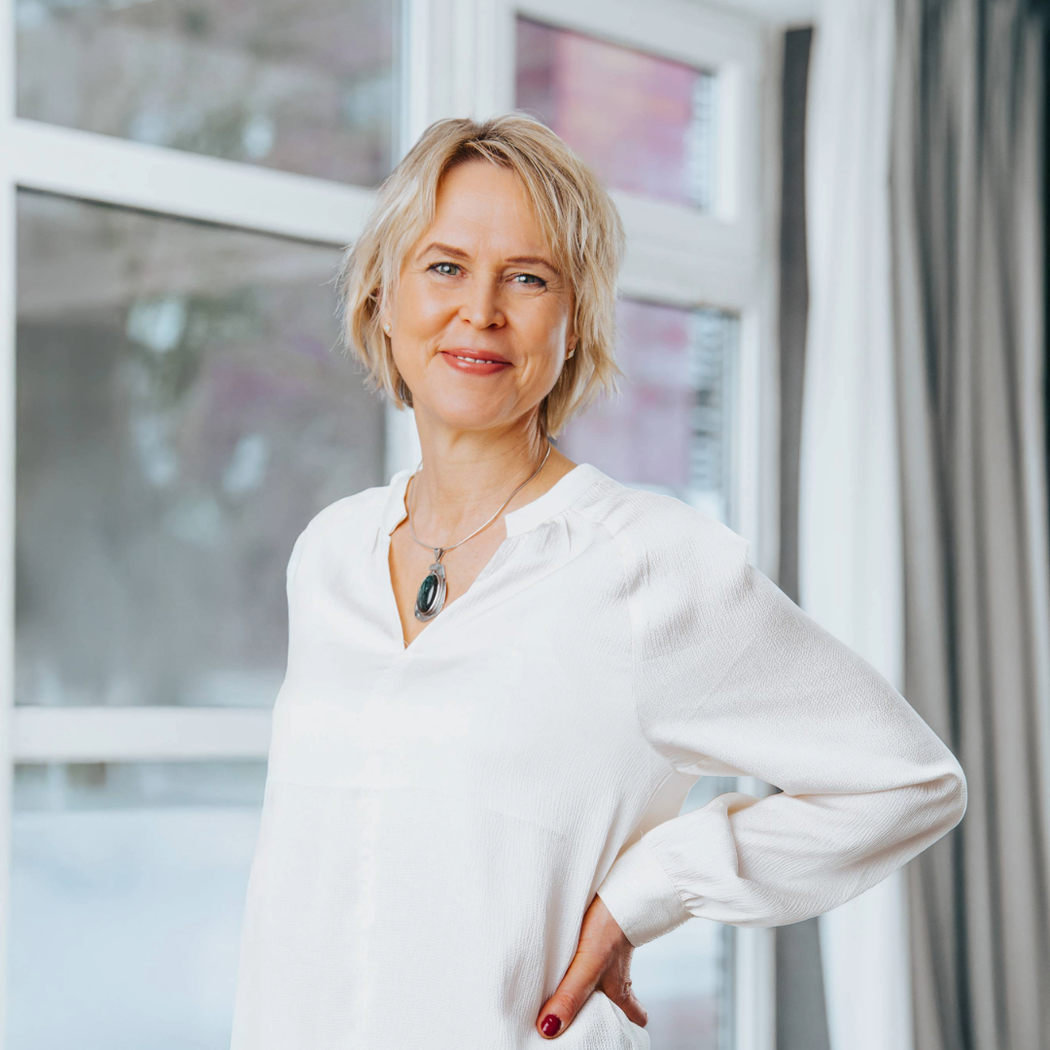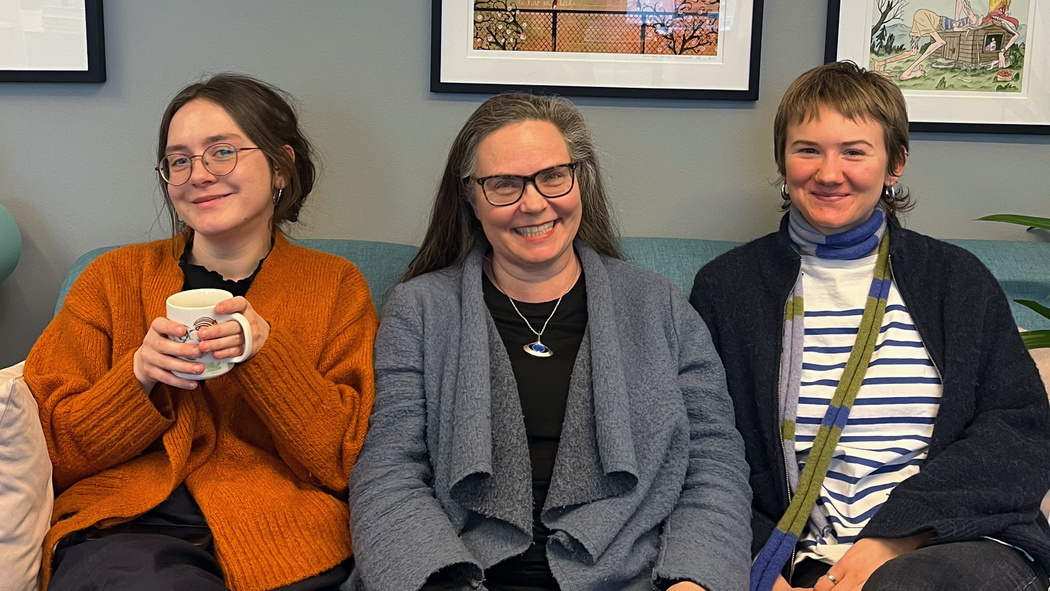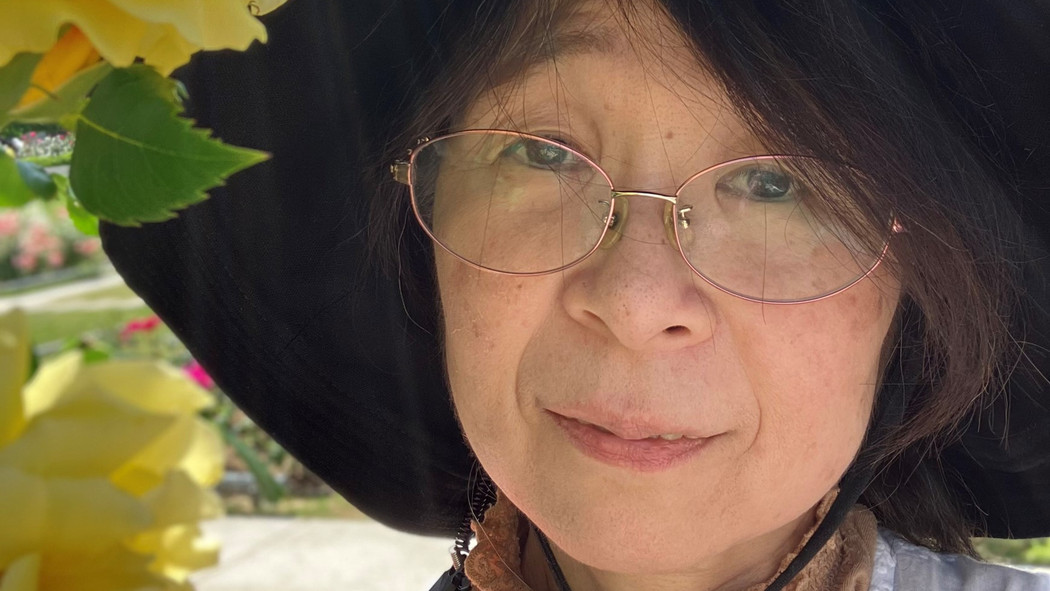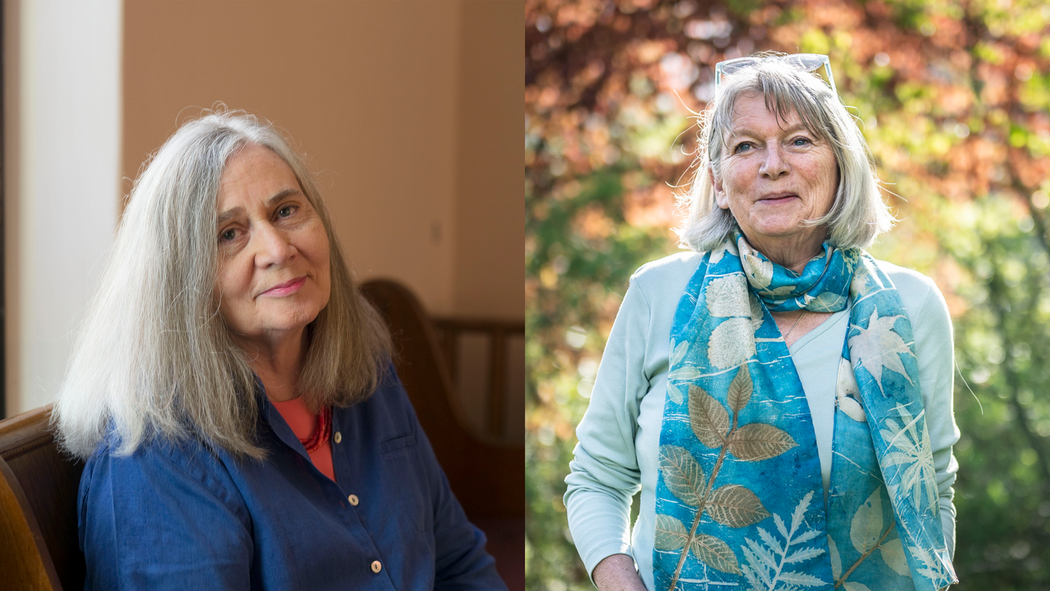Kathrin Pabst - Selected Title Author
We are happy to present our selected title author Kathrin Pabst. She has written Granddad’s Bunker – A Family Story (original title: Bestefars bunker. Hvorfor krigen ikke slipper taket : en generasjonsfortelling). The book is one of NORLA’s Selected Titles of the spring 2025.

What is your book about?
The book takes the reader into a little-known part of German history: what happened to children, women, and the elderly in the German eastern territories when the Red Army retaliated after the German invasion and occupation. Over 6.5 million people were forced to flee, exposed to cold, hunger, violence, and rape. My great-grandparents, grandmother, and mother were among them. It was only when I read a diary they’d left behind that I truly understood what they had endured. I delved into archives and literature, uncovering a silenced history that still impacts its descendants today.
At the same time, I had to come to terms with the fact that my grandfather, a Wehrmacht soldier, never confronted his past as a devoted Nazi. He built a house with a bunker in the basement—a house I grew up in, never questioning why it had a bunker.
In the second part of the book, I examine how trauma is passed down through generations: What happens to experiences that are never spoken about? How does silence shape individuals and societies? This book is for anyone who senses that something unspoken lingers within their family—and who wants to understand how the past continues to shape us.
What sets your book apart from other books within the same genre?
Internationally, the story of the expulsion from the German eastern territories is little known, and few are aware of how many people were actually affected. It wasn’t until nearly 60 years later that personal recollections began to surface, and even today, most German families carry painful experiences that have never been addressed. Every year, over 50,000 people contact the Bundesarchiv to find out what their parents or grandparents did during the war. In particular, the third generation—the so-called “war grandchildren”—are searching for answers.
This book stands out not only by telling an untold family history about the expulsion from the German eastern territories but also by placing it within a broader context. It explains the long-term consequences of silence and suppression, combining my two perspectives—as a descendant and researcher—in a unique way. At the same time, it points to contemporary challenges: What happens when today’s refugees aren’t given the chance to share their experiences?
Read more
See full presentation of the book here
Read more about the author here
See all NORLA’s Selected Titles for the spring 2025 here


